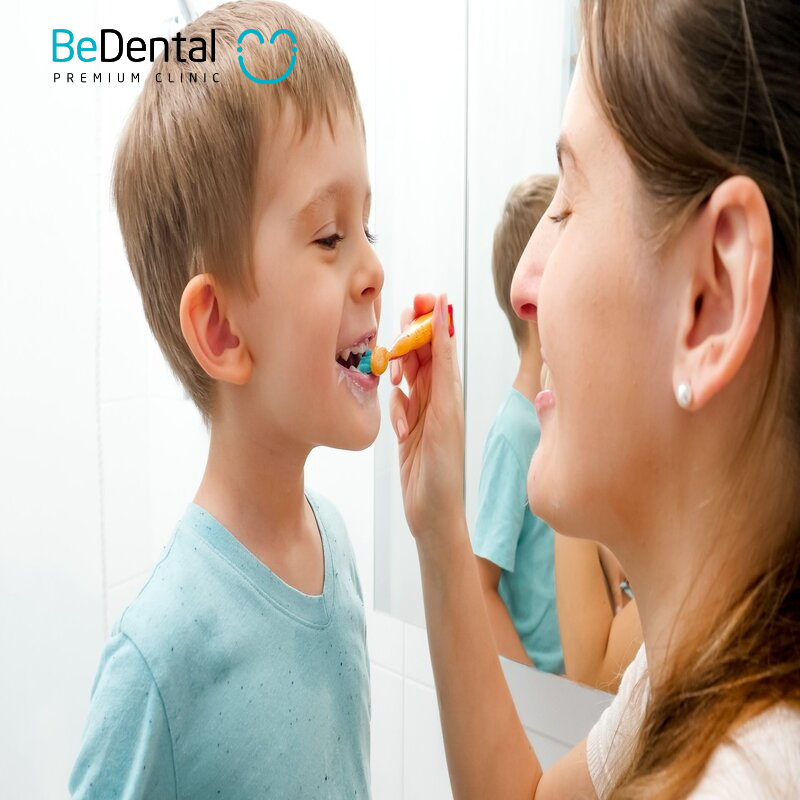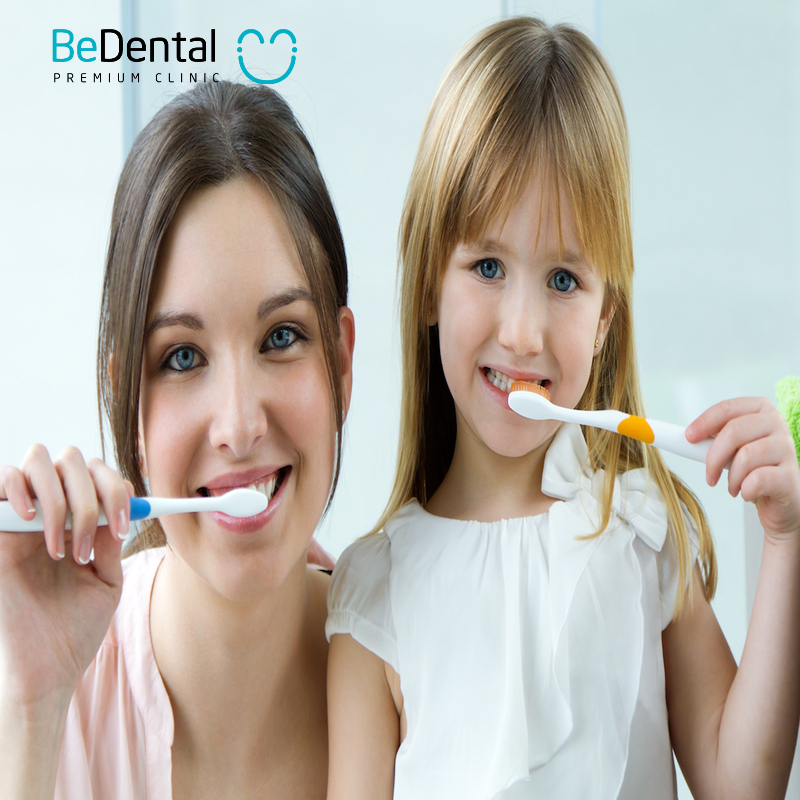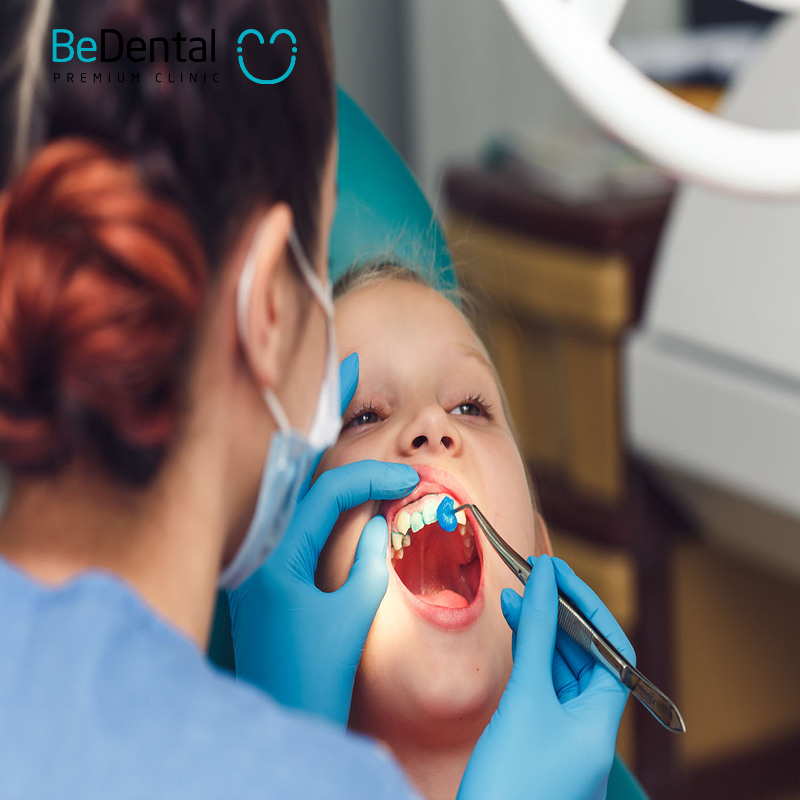Oral health is an essential part of overall health care, particularly in Vietnam, where dental health issues are becoming a growing concern. According to a survey by the Vietnamese Ministry of Health, the rate of tooth decay in children aged 6 to 12 is approximately 65%, while the prevalence of periodontal disease among adults reaches up to 90%. These figures highlight the necessity of daily habits for maintaining good oral health. Proper brushing, using dental floss, maintaining a healthy diet, and undergoing regular check-ups all play crucial roles in preventing dental problems. Investing in oral health not only helps protect your smile but also enhances your quality of life and saves on future treatment costs.
Current State of Oral Health in Vietnam
The state of oral health in Vietnam is alarming. Research shows that around 70% of adults have experienced tooth decay at least once in their lives, with this figure rising to 80% among children aged 6 to 12. Gum disease is also prevalent, affecting approximately 70% of adults who are often unaware of their condition. Furthermore, about 10-40% of the population, especially the elderly, face tooth loss.

- Tooth Decay: According to a report from the World Health Organization (WHO), around 70% of adults in Vietnam have experienced tooth decay at least once in their lifetime, with 80% of children aged 6 to 12 affected as well.
- Gum Disease (From National Institute of Dental and Craniofacial Research) : A study from the National Institute of Odonto-Stomatology reveals that about 70% of adults suffer from gum disease, with many not recognizing their condition.
- Tooth Loss: Approximately 10% of the Vietnamese population has lost at least one permanent tooth, with the rate being higher among older adults. The prevalence of tooth loss in seniors (over 60 years old) is as high as 30-40%.
Lack of Awareness Among the Vietnamese Population
- Bad Breath: About 25-30% of Vietnamese people experience bad breath, which affects communication and self-confidence in daily life.
- Oral Health Care: Only around 10-20% of Vietnamese individuals undergo regular dental check-ups, leading to many oral health issues going undetected and untreated.
- Lack of Knowledge: A survey shows that 60% of the population lacks proper knowledge about oral care, making them susceptible to dental diseases.
Bad breath also affects approximately 25-30% of the population, creating barriers in communication and self-assurance. Notably, only about 10-20% of people have regular dental check-ups, indicating a significant gap in the timely detection and treatment of oral health issues. These statistics reflect an urgent need to raise awareness and improve the quality of oral health care in Vietnam.
Proper Brushing Habits- Daily habits for maintaining good oral health
Not everyone understands the correct way to brush their teeth, one of the daily habits for maintaining good oral health, and this lack of knowledge contributes to the increasing prevalence of dental issues among the population.
- Frequency of Brushing: Regular brushing is crucial for maintaining oral health. Experts recommend brushing at least twice a day: once in the morning and once before bedtime. This practice helps remove plaque and bacteria that accumulate on teeth, preventing cavities and gum disease.

- Brushing Technique: Proper brushing techniques help effectively clean teeth and protect the gums. Use a soft-bristled toothbrush and brush in an up-and-down motion or gentle circular motions. Avoid vigorous scrubbing or focusing too long on one spot, as this can damage the gums and wear down enamel. Aim to brush for about two minutes to ensure all tooth surfaces are clean.
- Choosing the Right Toothbrush and Toothpaste: Selecting the right toothbrush and toothpaste is also crucial for oral care. A soft-bristled toothbrush is recommended, as it cleans effectively without harming the gums. Fluoride toothpaste is advised because fluoride strengthens tooth enamel and prevents cavities. Choose toothpaste that meets your specific needs, such as whitening, sensitivity relief, or formulations for children.
Proper Flossing Habits
Using dental floss is an important aspect of oral health care. Floss helps remove plaque and food particles lodged between teeth that toothbrushes may not reach effectively. If not removed regularly, this buildup can lead to cavities and gum disease. Additionally, flossing helps prevent periodontal disease and keeps breath fresh.
Flossing Instructions:
Choose the Right Floss (Choosing the right floss for you): There are various types of dental floss, including waxed and unwaxed. Choose the type that suits your needs and comfort level.
Cut About 18 Inches of Floss: Wrap the floss around your middle fingers, leaving about 5 inches between for use.
Using the Floss:
- Hold the floss with your thumb and index finger, guiding it between your teeth.
- Gently slide the floss below the gum line, moving it up and down to clean both surfaces of the tooth.
- Don’t forget to use a clean section of floss for each gap to avoid spreading bacteria.
Tips: Be gentle and careful when inserting the floss to avoid injuring the gums. If you find it challenging to use traditional floss, consider using floss picks or electric flossers. Floss at least once a day, preferably at night before bed, to ensure all plaque and food particles are removed.
A Healthy Diet- Daily habits for maintaining good oral health
A balanced diet contributes not only to overall health but also plays a crucial role in maintaining oral health. By choosing the right foods and limiting harmful ones, you can protect your dental health and enhance your quality of life.
- Foods to Eat: A healthy diet is vital for oral health. Prioritize fruits and vegetables, as they are rich in essential vitamins and minerals, particularly vitamin C and antioxidants that promote gum health. Additionally, calcium-rich foods like milk, nuts, and small fish (such as sardines) are crucial for building and maintaining strong enamel, preventing cavities and protecting tooth structure.
- Foods to Avoid: To protect oral health, limit the consumption of unhealthy foods such as sweets (candies, pastries) and sugary drinks. These foods are high in sugar, creating an environment for bacteria to thrive and cause cavities. Sticky foods like gummy candy or cookies should also be avoided, as they can cling to teeth and are difficult to remove when brushing. Reducing these foods not only protects your teeth but also improves overall health.
- Importance of Water: Water is an essential part of a healthy diet. Staying hydrated helps maintain moisture in the body and assists in flushing out waste and bacteria from the mouth. Plain water is the best choice as it contains no sugar or calories, naturally cleansing the mouth. Aim to drink at least eight glasses of water daily and consider drinking water after meals to help cleanse the mouth and reduce the risk of cavities.
Regular Dental Check-Ups are Essential
Regular dental check-ups are a crucial component of oral health care. Routine visits help detect and treat early dental issues such as cavities, gum disease, and periodontal disease. Dentists perform comprehensive exams, take X-rays if necessary, and clean teeth to remove plaque and tartar that regular brushing may not eliminate. This not only protects oral health but also prevents more severe complications, saving time and treatment costs in the future.

- Follow-Up Schedule: It is recommended that individuals visit the dentist at least every six months to maintain optimal oral health. However, some individuals, such as those with a history of dental problems, may require more frequent visits. This follow-up schedule allows for monitoring the progress of oral health and timely detection of any emerging issues. Scheduling regular check-ups not only provides peace of mind regarding your health but also helps maintain a healthy and confident smile.
Protecting Your Teeth from Harmful Factors
One of the most effective ways to safeguard your teeth from harmful factors is to eliminate bad habits. Smoking not only stains your teeth but also leads to serious health issues, including gum disease and oral cancer. Additionally, habits like nail-biting or chewing on hard objects—such as pens, ice, or even ice cubes—can damage tooth enamel and result in cracks or breakage. Instead of clinging to these habits, consider finding positive outlets to manage stress or keep your hands busy, such as engaging in sports or using a stress ball.
Utilizing Dental Protection Products
Using dental protection products is also essential for maintaining good oral health. One highly effective option is a night guard. This device is designed to be worn during sleep and helps protect your teeth from the strong forces associated with teeth grinding (bruxism). Teeth grinding often occurs while you sleep and can lead to a range of issues, including jaw pain, tooth wear, and even gum damage. Wearing a night guard not only shields your teeth but also alleviates stress on your jaw muscles, allowing you to wake up feeling more comfortable.
Conclusion
Taking care of your oral health is more than just a matter of personal hygiene; it plays a crucial role in your overall well-being. Daily habits such as proper brushing, flossing, healthy eating, and regular dental check-ups are vital in preventing common dental issues, particularly in Vietnam, where rates of tooth decay and gum disease are high.
By adopting proactive oral care practices, you can enjoy a healthy, confident smile while reducing the risk of unnecessary treatment costs in the future. Start today by establishing good oral health habits, contributing to a healthier future for yourself and your community.
For those seeking further consultation regarding dental examination services, please visit BeDental’s locations in Hanoi or Ho Chi Minh City. BeDental is a reputable dental clinic in Vietnam. You can also reach us at our hotline: (+84) 934.61.9090 / (+84) 899.555.636 or through our Facebook page, BeDental, for prompt and accurate assistance.




